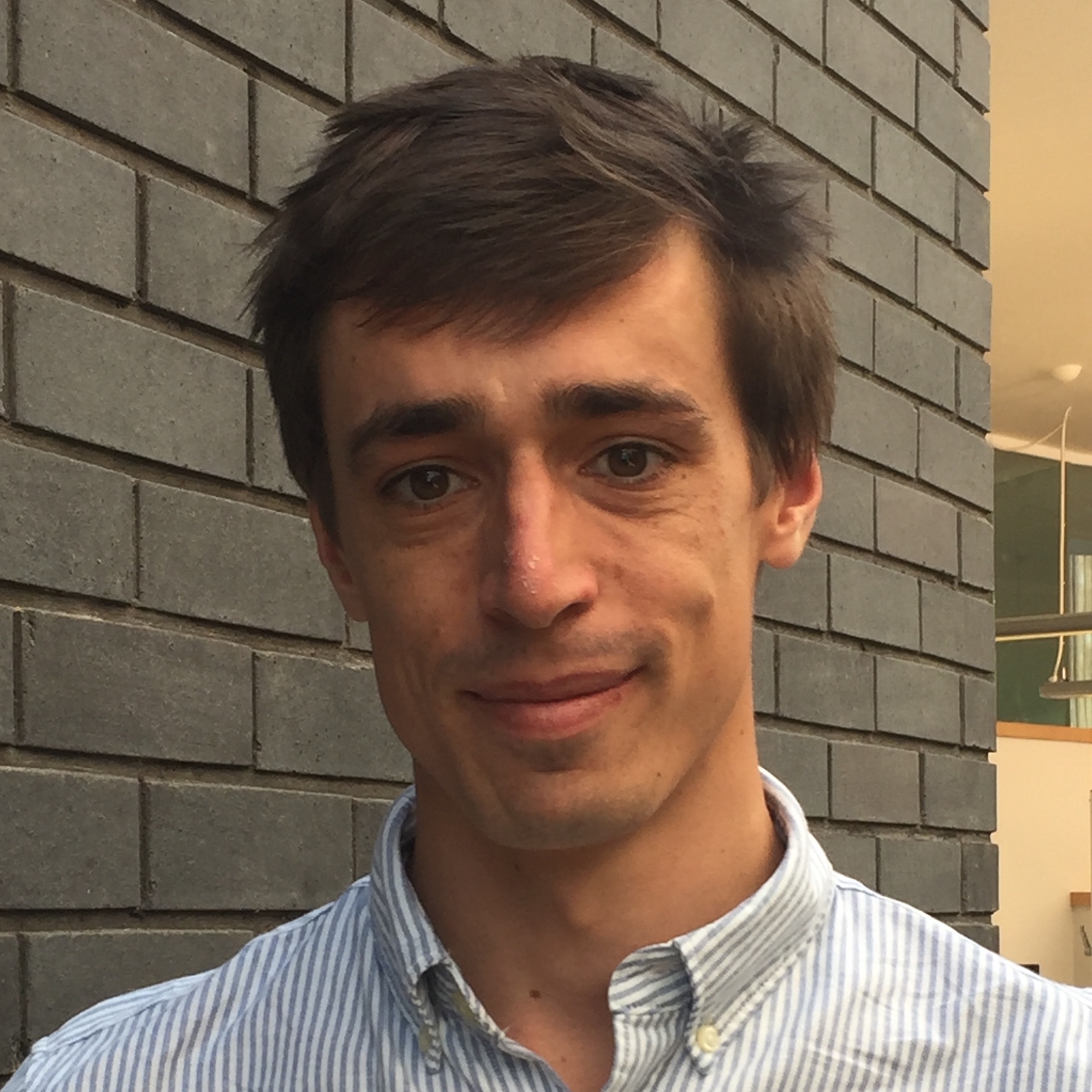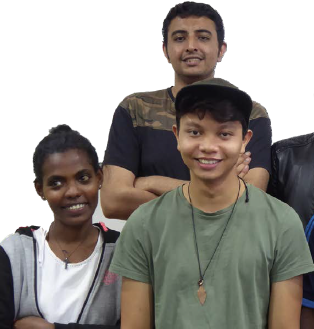To improve services for young people, trust professionals to be human – and invest in the power of kindness
30 April 2019
Responding to Call 14 of our 25 Calls campaign, Ben Thurman from the Carnegie UK Trust says that dignity and compassion should be the experience for all young people, not just the most fortunate
Call 14: From homelessness to the Home Office, young people's services must be humanised
Relationships and human connection are fundamentally important to how we feel about public services. We all know this from personal experience, and it is perfectly conveyed through the stories of Victoria, Lawrence, Ishaq and Mohsin in Call 14 of the 25 Calls campaign. It matters to all of us: whether it is a visit to the GP or the Jobcentre, the quality of our interactions is just as important as the efficiency of the service we receive.
At the Carnegie UK Trust, we think that the easiest way to articulate the somewhat fluid and intangible nature of human relationships is by talking about ‘kindness’ (click to learn more). It is a word that everyone understands and, when applied to young people’s services, it provides a certain simplicity.
Victoria was treated with kindness by the person who helped her at Skills Development Scotland. Ishaq was not, but it is clear that – whatever the rules and regulations that govern Jobcentre services – the kind thing to do would have been to provide an interpreter.
We also know that we will only ever deliver the best outcomes for young people if they feel understood, cared for and able to trust professionals and services. So if the importance of kindness and human relationships are so clear, why are so many of our services transactional, constrained by bureaucracy, and delivered in a language that young people struggle to understand?
Much of this is because kindness is in tension with a number of important drivers in public policy. We all want our public services to be fair and treat people equally. We also demand that they are safe, both for those who use them and those who provide them. And so, over the past 30 years, we have developed a system of rules-based regulation and models of professionalism to ensure cool, detached decision-making and provide a measure of certainty about behaviours and boundaries. At the same time, we demand that our services provide value for money. So we have enhanced our capacity to set targets, measure outputs and quantify impact.
All of these changes, introduced over four decades of new public management, have transformed and improved the quality, efficiency and outcomes of public services. But they have also, collectively, designed out kindness. Attitudes towards professionalism inhibit frontline staff from making meaningful human connections with young people; systems that are based on rules and procedures crowd out the flexibility that is required for people to act in kindness.
This appears to be a significant issue for young people. Data from a quantitative survey of experiences of kindness (click to learn more) suggests that young people in Scotland are less likely to experience kindness in communities, and also when interacting with certain public services. This then becomes a particular problem for those young people who are most in need of human connection.
When we ran workshops with young people (click to learn more) to ask what they thought about kindness, most struggled to understand, initially, why it was important. But it was the one person who had regular interactions with multiple services who immediately questioned why professionals couldn’t be more kind.
Kindness matters to us all, always. But it matters most when we feel frightened, alone, vulnerable. And yet, because of the way we approach fairness and manage risk in public services, those young people who are most in need of kindness are often least likely to receive it.
This doesn’t mean that there aren’t countless people throughout Scotland who respond to young people with kindness and humanity. But increasingly they are forced to ‘break the rules’ or ‘go the extra mile’ to do so. When service delivery is built on clear rules and boundaries, the human response – whether it is helping a young person to fill out a form, giving them a lift to the local library, or simply giving them a hug – often puts people at risk of censure, when what we should be doing is trusting and supporting professionals to connect with young people – and just to be human.
For all the reasons outlined above, building kindness into our ways of working is complex and challenging. But importantly the new National Performance Framework, which aspires to create a ‘society which treats all our people with kindness, dignity and compassion’, gives us the permission to be bold, to have difficult conversations about risk and regulation, about professional boundaries, about how we measure what really matters to young people. And to do this so that kindness, relationships and humanity are an expectation and experience not just for the most fortunate, but for all of our young people.
Ben Thurman is a Policy & Development Officer at the Carnegie UK Trust, which has been exploring the importance of kindness in public services. This research is outlined in their recent report, written by Carnegie Fellow Julia Unwin, Kindness, emotions and human relationships: The blind spot in public policy. Click to read the report
He is responding here to Call 14 of our 25 Calls campaign, 'From Homelessness to the Home Office, young people’s services must be humanised', contributed by young people from the Youth Community Support Agency in Glasgow. Click to read the call

About the author
Ben Thurman is a Policy & Development Officer at the Carnegie UK Trust
Click here for more
Call 14
From homelessness to the Home Office, young people's services must be humanised
Click to read the full call25 Calls campaign
Find out more about the 25 Calls campaign, view press coverage and read further responses
Click to find out more